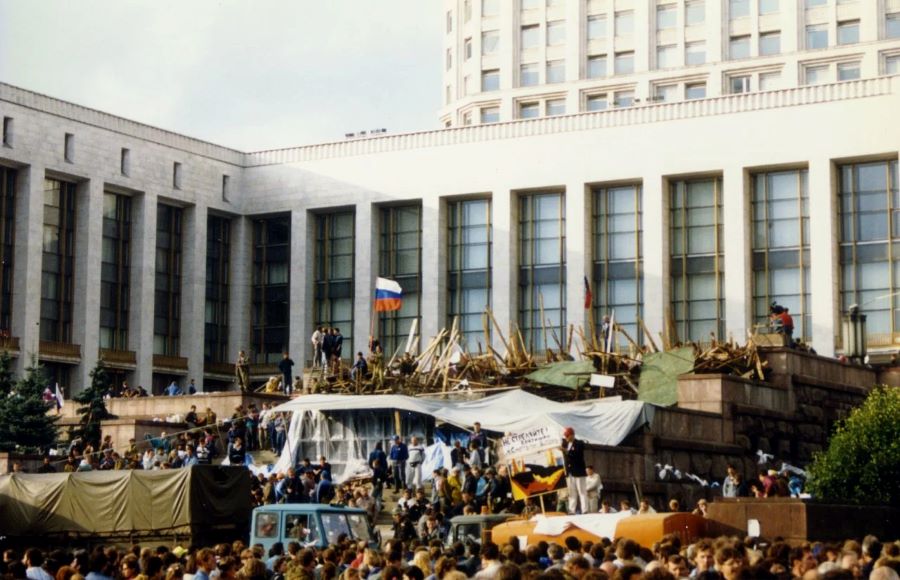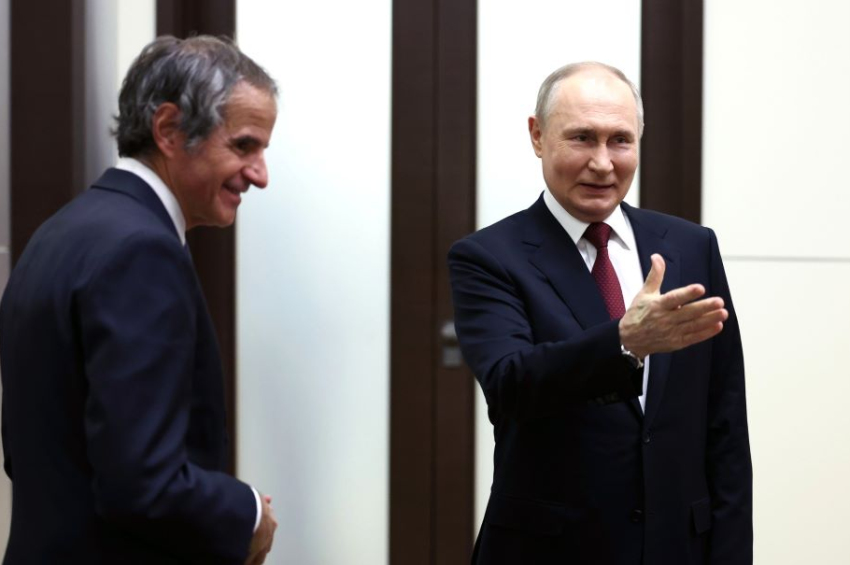[video] Who killed the Soviet Union? It wasn’t Gorbachov - KGB did
The Russian leader, Vladimir Putin, likes giving lectures about the final days of the Soviet Union (or USSR – the Union of Soviet Socialist Republics), blaming the first and last Soviet president, late Mikhail Gorbachov, the West, and “liberal reformers” for its disintegration.
A former officer at the KGB – which had played the role of political police and intelligence service in the defunct empire, in 2005 Putin also described the Soviet Union collapse as the “greatest geopolitical catastrophe of the 20th century,” thus betraying his plans for rebuilding it in the future.
Ever since, most people in Russia – and many in the rest of the world – remain convinced to date that the new elites in the 1990 indeed worked to destroy the USSR, either deliberately or accidentally.
More to read:
What are the odds (and consequences) of Russia’s disintegration?
However, this is a false story. The truth is, as a matter of fact, that Putin’s superiors at that time had personally played a crucial role in killing the USSR.
A new investigation by the Novaya Gazeta, an independent Russian outlet in exile, says that driven by fears of losing its almost unchecked power the KGB leadership staged a coup d’état at the very moment the majority of the unionist republics were preparing to reform the CCCP (USSR in Russian) into a confederation called CCP, which translates as the Union of Sovereign Republics or USR.

Muscovites built barricades to defend the capital against the putschists. Image: Wikipedia
Nine out of the 15 newly-formed countries said yes in a unionwide referendum in March 1991 to keep the country united in a confederate format while assuming sovereignty within their own jurisdictions. The draft agreement discussed between President Mikhail Gorbachov, Russian republic’s new leader Boris Yeltsin and Kazakhstan’s Nursultan Nazarbayev in July same year provided, among others, for the transformation of the KGB into a genuine security agency under parliamentary control, with limited attributions, the journalists learned upon examining archives documents.
More importantly, it called for the immediate retirement of the entire KGB leadership, which was bad news for KGB chairman Vladimir Kryuchkov and other senior officers.







